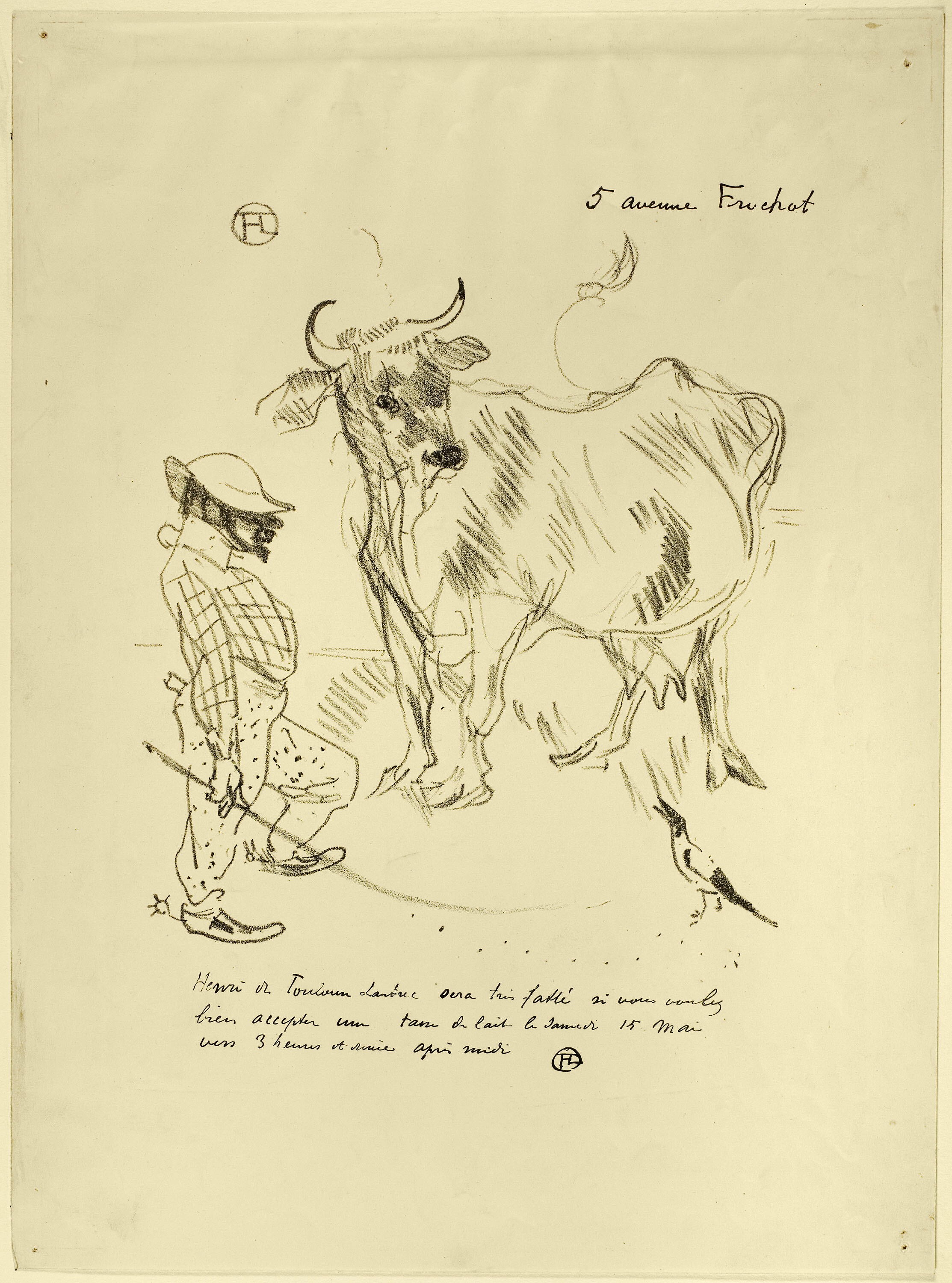Invisible

Henri de Toulouse-Lautrec:
Invitation to a Glass of Milk (1897)
"We see everything as we are rather than how it is."
Fortunately for us, this world remains altogether too big and far too complex for any of us to grasp. We too easily see pieces as if they weren't disconnected, and we quickly jump to otherwise unwarranted conclusions. We often misplace the knowledge that we fundamentally understand nothing. The budding satisfaction we feel when things finally seem to be coming clear amounts to the largest illusion by far, for that feeling might be desperately trying to tell us almost the exact opposite of what we suppose it says. We think it means we know when it should reinforce our deepening sense of ignorance. An abiding innocence accompanies all this fuss. We're never nearly as sophisticated as we suppose, and this, too, serves as a sort of buffer. It's very likely that nothing's our fault. Not Global Warming or the rising popularity of the right-wing media, for both were born from our insistent ignorance and the utter invisibility of everything surrounding us and from our unwarranted conclusions, the drawing of which perhaps constitutes our only truly human ability.
I do not intend to make excuses here. I understand that even my explanation, my story, exhibits all of the tool marks of everyone else's. My world, too, remains far too big and complex for me to ever truly become anything like a master of it. Still, I take my non-representative samples and draw my unwarranted conclusions. I even occasionally take it upon myself to attempt to tell others what they really should be doing instead of what they concluded for themselves from their own non-representative samples with their own unwarranted conclusions. We can Blind Men And The Elephant each other until long after the very last cow in existence comes home, but that theological war also won't make any difference, either.
The question arises that if what I assert proves true—and who could ever conclusively prove such a proposition?—then what should we do? What could we do? I suspect that I should seek humility first since that approach might help limit the hubris accompanying my illusory sense of understanding. It's not that I know or even could know nothing, but that my sense of knowing simply must be wanting. How could it possibly be otherwise? My skills remain tentative, proven in each application rather than by the legend accompanying my history of employing them. I become a writer when writing, never merely because I've written. I live on the pointy end of the stick, the part probing into inky blackness. My eyes were essentially put out by this practice ages ago. I do not reliably remember vision.
How fortunate we remain unseen, invisible even to ourselves. We're too big and altogether too complex ever to be comprehended. We remain misunderstood, even by ourselves, and cock-certain only by absurd extension. I'm working on not knowing, on becoming better at not understanding better, and Honing that seemingly essential ability. There are no reasonable comparisons, just impressions and unwarranted conclusions to share. We each may pick and choose from those, discarding ones that seem unusable. However, they will sometimes prove to have been the most valuable if only their value hadn't been so tenaciously Invisible. I can enjoy my limited perspective. It might prove superior to my previous obsession with trying to understand. I understand now that I never once understood and doubt that I ever could have. Of course, this notion, too, I drew from an unrepresentational sample to support a probably unwarranted conclusion. We see everything as we are rather than how it is. Enjoy the experience.
©2023 by David A. Schmaltz - all rights reserved


